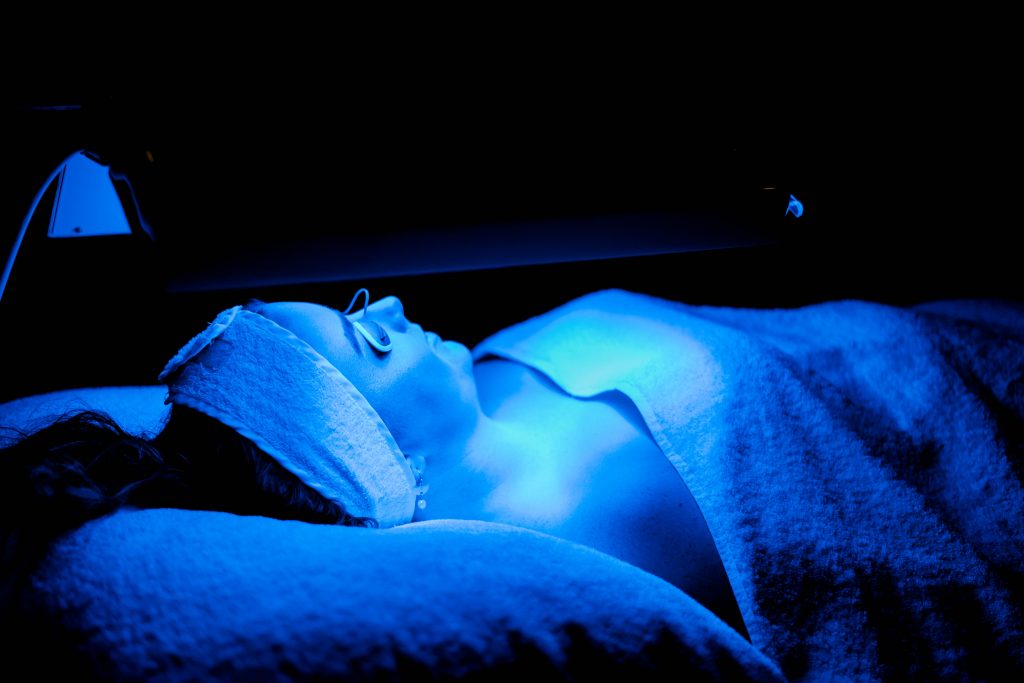TREATING rosacea
Rosacea is a chronic skin condition that causes redness, flushing, and visible blood vessels on the face. It can also cause bumps, pimples, and dry, irritated skin. While there is no cure for rosacea, there are several ways to manage and treat its symptoms.
How can I treat rosacea?
The first step in treating rosacea is to identify and avoid triggers. Common triggers include spicy foods, alcohol, hot beverages, sunlight, and stress. By keeping a journal of your symptoms and identifying your triggers, you can take steps to avoid them and reduce the frequency and severity of your symptoms.
Protecting your skin from the sun is also an important part of managing rosacea. UV radiation from the sun can worsen rosacea symptoms, so it’s important to wear a broad-spectrum sunscreen with an SPF of 30 or higher every day, even on cloudy days. You can also wear a wide-brimmed hat and stay in the shade when possible to further protect your skin from the sun.
Using gentle skincare products is another important aspect of managing rosacea. Look for mild, fragrance-free products that won’t irritate your skin. Avoid scrubbing your face too hard, and use a soft cloth to pat your skin dry after washing.
If your symptoms are more severe, your doctor, dermatologist or Nurse Practitioner may prescribe topical medications to help reduce inflammation and redness. These medications work by targeting the underlying inflammation that causes rosacea. They may take several weeks to start working, so it’s important to be patient and consistent with your treatment.
Laser therapy is another option for treating rosacea. This type of therapy uses intense pulsed light (IPL) or a laser to target blood vessels and reduce redness and visible blood vessels. Multiple treatments may be necessary to achieve optimal results, and the procedure may cause temporary redness and swelling.
It’s important to remember that there is no one-size-fits-all approach to treating rosacea. What works for one person may not work for another. It’s important to work with a healthcare professional to find the right treatment plan for you. Your doctor can help you identify your triggers, prescribe appropriate medications, and recommend skincare products that will work best for your individual needs.
In addition to medical treatments, there are several lifestyle changes you can make to manage rosacea symptoms. Eating a healthy diet, getting enough sleep, and reducing stress can all help improve your overall health and reduce rosacea symptoms. Exercise can also be beneficial, but it’s important to avoid activities that may trigger your symptoms, such as hot yoga or running in hot weather.
In conclusion, while there is no cure for rosacea, there are several ways to manage and treat its symptoms. By avoiding triggers, protecting your skin from the sun, using gentle skincare products, and seeking medical treatment when necessary, you can reduce the frequency and severity of your symptoms and improve your overall quality of life. It’s important to work with a healthcare professional to find the right treatment plan for you and to make lifestyle changes that will support your health and well-being.




